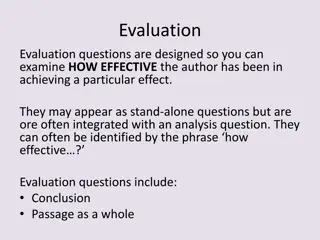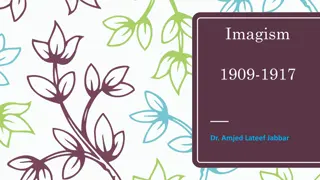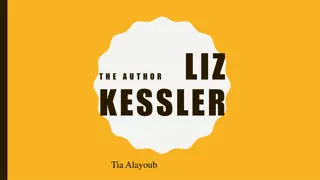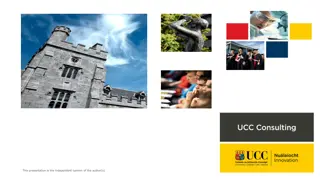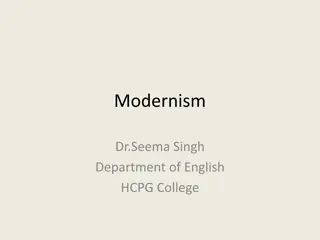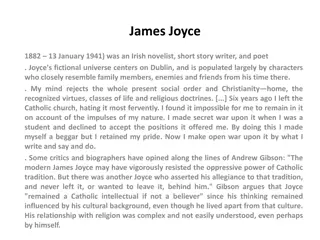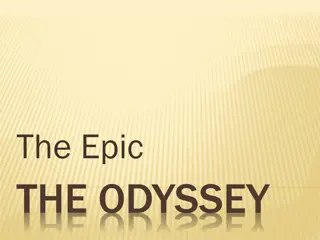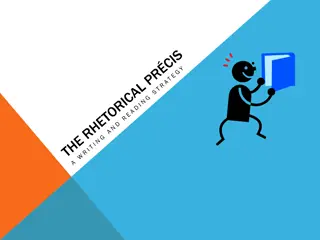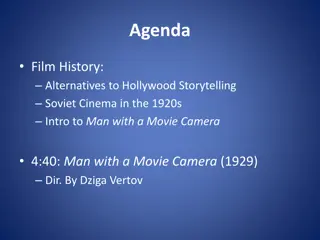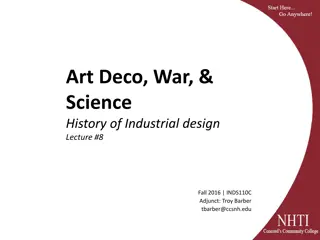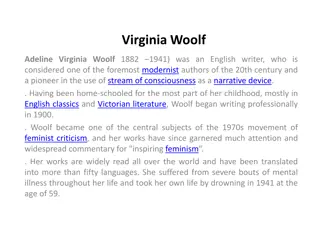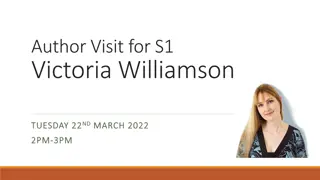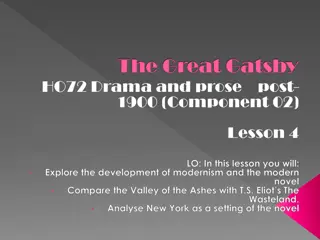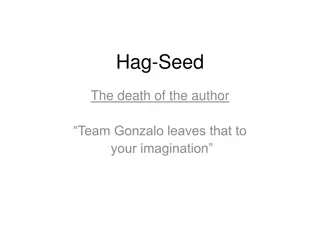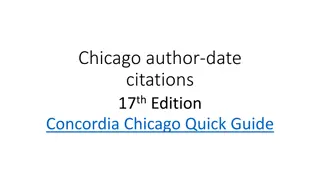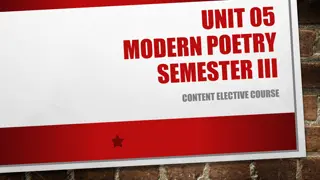Exploring Iranian Author Reza Amirkhani's Unique Perspectives
Exploring the insights of Iranian author Reza Amirkhani through his book "Jaanestaan-e-Kaabulistan," delving into his views on the Iranian Islamic Revolution and the 2009 presidential elections in Iran and Afghanistan. Amirkhani's perspective challenges common beliefs about tradition and modernity,
0 views • 6 slides
Ernest Hemingway: Iconic Writer of the Lost Generation
Ernest Miller Hemingway, born in Oak Park, Illinois, was a prominent writer of the Lost Generation. His experiences in World War I influenced his writing style, marked by simplicity and objectivity. Moving to Paris, he mingled with Modernist artists and revolutionized American fiction. The Lost Gene
2 views • 24 slides
Analysis of Sound Devices in Literature
In this review, various sound devices such as alliteration and cacophony are explored with examples from literary works. The use of these devices creates emphasis on certain phrases, engages readers, and conveys the author's intended meaning. Through harsh sounding mesh of words, the author's tone i
0 views • 21 slides
Enhancing Peer Review Quality Through Double-Blind Reviewing in ACM Conferences
Double-blind reviewing (DBR) is increasingly recognized for its effectiveness in reducing biases, improving article quality, and practicality in ACM conferences. Studies show evidence of gender and institutional biases in single-blind reviewing, while DBR enhances fairness and credibility. DBR revie
0 views • 9 slides
Evolution of Modern Poetry in the 20th Century
Modern poetry in English emerged in the early 20th century as a reaction to Victorian formalism. Modernists drew inspiration from diverse literary traditions, including Greek, Chinese, and Japanese poetry, to create works that depicted social changes and the impact of World War I. Themes of material
1 views • 7 slides
Exploring Modern Drama: History and Characteristics
Modern drama, revived in the early 20th century after a decline in the Victorian age, encompasses realism, plays of ideas, romanticism, and poetic elements. English drama during the modernist period is categorized into phases marked by influential playwrights like Henrik Ibsen, G.B. Shaw, T.S. Eliot
0 views • 9 slides
Understanding Samuel Beckett's Waiting for Godot: A Modernist Masterpiece
Samuel Beckett, a prominent modernist writer, crafted the groundbreaking play "Waiting for Godot" as a tragicomedy in a theater of the absurd. Set in a vague time and place, the play reflects the post-World War II disillusionment and existential themes. Beckett's experimental approach challenges tra
1 views • 16 slides
The Portrait of a Lady by Khushwant Singh
The Portrait of a Lady by Khushwant Singh delves into the author's relationship with his grandmother over time, portraying the intricacies of human connections within a joint family setting. Through vivid descriptions, the author unravels the evolving character of his grandmother, painting a touchin
0 views • 13 slides
The Inspiring Journey of Jorge Ramos: Mexican-American Journalist and Author
Jorge Ramos, a renowned Mexican-American journalist and author, was born in Mexico City in 1958. Despite facing challenges in his early life, he pursued education and went on to achieve remarkable accomplishments in journalism. His work has earned him numerous awards, including eight Emmy Awards. Kn
2 views • 7 slides
Understanding the Concept of Voice in Literature
Voice in literature refers to the unique personality imparted by an author onto their work, defining how narrators convey stories. This piece explores the definition, types, functions, and roles of voice in literary works, focusing on the author's voice, character's voice, and the interaction betwee
2 views • 11 slides
Unveiling India: The Author and Her Stories
Anees Jung, an Indian female author and journalist, sheds light on the harsh realities faced by underprivileged children in her story "Lost Spring." She emphasizes the importance of education to end child labor and exploitation, urging society to let children enjoy their innocence. The narrative int
0 views • 13 slides
Evolution of English Drama in the 20th Century: Shaw, Ibsen, and Modernist Theatre
The 20th century English drama witnessed significant shifts, from the realism and naturalism of George Bernard Shaw and Ibsen to the modernist theatre of Samuel Beckett, Tom Stoppard, and Harold Pinter. Themes of social change, rejection of traditional ideals, and a focus on human experiences domina
0 views • 39 slides
Streamlined Process for Author Publishing Options Selection
Streamlining the author journey by offering a simplified process for selecting publishing options. Corresponding authors receive personalized emails to complete their author journey, select affiliations, and determine publishing preferences. Incorporating funders' details when necessary and facilita
0 views • 12 slides
Understanding the Importance of Updating Your Scopus Author Profile
Learn about the significance of updating your Scopus author profile, where the data comes from, how profiles are created, and how to make corrections using the Author Feedback Wizard. Keeping your profile up-to-date can help in securing funding, assessing research impact, and ensuring accurate repre
3 views • 12 slides
Community-Oriented Policing Services Project Summary
This project, supported by cooperative agreement number 15JCOPS-2#-GG-XXXXX-XXXX from the Office of Community Oriented Policing Services, U.S. Department of Justice, discusses the author(s)' opinions on community policing. Disclaimer: The views expressed are those of the author(s) and not necessaril
0 views • 4 slides
Comprehensive Case Study on [Insert Case Title Here]
This detailed case study focuses on [Lead Author's Name] from [Lead Author's Affiliation] and their team, presenting a comprehensive analysis of the patient's history and medical background. The study includes key bullet points outlining the patient's condition and relevant information to facilitate
0 views • 8 slides
Analysis of Evaluation and Conclusion Questions in Textual Analysis
Evaluation and Conclusion questions play a crucial role in assessing the effectiveness of an author in achieving specific effects and summarizing key points in a passage. These types of questions are commonly found in textual analysis tasks to evaluate the success of conveying ideas and themes. Eval
0 views • 9 slides
Imagism: A Brief Overview of a Modernist Poetry Movement
Imagism was a poetic movement that flourished in Britain and the United States between 1909 and 1917, aiming to break away from the sentimentality of Victorian poetry. Influenced by French symbolists and Japanese haiku, imagist poets like Ezra Pound and Amy Lowell focused on creating concise, vivid
3 views • 21 slides
Lukasz Andrzej Glinka - Non-fiction Writer and Science Author with a Diverse Academic Background
Lukasz Andrzej Glinka is a prolific non-fiction writer and science author known for his extensive publication record, academic achievements, and editorial contributions. With a background in theoretical physics and a wealth of experience at prestigious research institutions worldwide, he has establi
0 views • 6 slides
Exploring Anne Bradstreet's Poem "The Author to Her Book
Dive into Anne Bradstreet's poem "The Author to Her Book" and analyze how the controlling metaphor used expresses the intricate emotions of the speaker towards her work. Discover the poetic elements and techniques employed by Bradstreet to convey the speaker's complex tone in this timeless piece of
0 views • 11 slides
Understanding Author's Purpose in Writing
Explore the various purposes authors have when writing, such as entertaining, informing, persuading, or satirizing. Learn how the choice of writing style reflects the author's intent, whether through narrative, descriptive, persuasive, or expository writing. Discover clues in titles, prefaces, and t
0 views • 37 slides
Explore the Fascinating World of Author Liz Kessler
Dive into the enchanting world of British author Liz Kessler, known for her captivating children's and young adult books. From her popular series like "The Tail of Emily Windsnap" to the intriguing storyline of "Has Anyone Seen Jessica Jenkins," Liz's imaginative storytelling and vivid characters ar
0 views • 8 slides
Presentation on Independent Opinions by Author(s)
In this presentation, the author(s) express their independent opinions on various subjects. The slides showcase the author's viewpoint through different images and descriptions. The content emphasizes the individual perspective held by the creator(s) on the topic presented.
0 views • 16 slides
Key Figures of Modernism in Literature
Explore the prominent figures of Modernism in literature, including T.S. Eliot, W.B. Yeats, James Joyce, and Virginia Woolf. Discover their significant works that shaped the Modernist movement and revolutionized the literary world.
0 views • 15 slides
The Literary Universe of James Joyce
James Joyce, the renowned Irish novelist, short story writer, and poet, crafted a fictional realm centered around Dublin, populated by characters reflecting individuals from his past. His works, including "Dubliners" and "Ulysses", delve into themes of national identity, epiphanies, and intricate na
0 views • 5 slides
Journey Through "The Odyssey": Themes, Author, and Literary Analysis
Explore the epic journey of Odysseus in "The Odyssey," delving into themes of pride, love, courage, and more. Uncover the background of the author, Homer, and the ancient Greek world. Identify key literary vocabulary and skills essential for the study of literature. Discover how the text is organize
0 views • 22 slides
Understanding Rhetorical Précis Writing
A rhetorical précis is a structured four-sentence paragraph that addresses the rhetorical situation of a discourse, capturing essential elements such as the author's name, title, publication date, major assertion, purpose, and audience relationship. The first sentence introduces the author and thes
0 views • 10 slides
The Waste Land by T.S. Eliot: A Modernist Masterpiece Examined
The Waste Land" by T.S. Eliot, published in 1922, is a seminal work of Modernist poetry that offers a bleak portrayal of modern life. This poem, heavily influenced by Ezra Pound's editing, delves into themes of societal decay, spiritual emptiness, and the search for renewal. Pound's collaboration wi
0 views • 26 slides
Mastering the Art of Writing Opinion Essays
An opinion essay is a literary piece where the author expresses their stance on a topic with concrete arguments, supported by examples and reasoning. It typically consists of an introduction, three body paragraphs for arguments, and a conclusion. The introduction sets the stage, stating the topic an
0 views • 11 slides
Exploring Alternative Narratives in Early 20th Century Cinema
Delve into the world of Soviet Montage, German Expressionism, and French Impressionism as we examine the emergence of avant-garde filmmaking and modernist aesthetics in the 1920s. Discover the evolution of film history through experimental and documentary approaches, challenging traditional Hollywoo
0 views • 16 slides
Evolution of Design Movements: Art Deco, War Influence, and Industrial Progress
Explore the emergence of the Art Deco movement post-World War I, its fusion of modernist styles with luxury craftsmanship, and the impact of key figures like Hermann Muthesius on industrial design. Delve into the International Exhibition of Modern Decorative and Industrial Arts in 1925, showcasing a
0 views • 21 slides
The Life and Legacy of Virginia Woolf
Virginia Woolf, an English writer and modernist pioneer, made significant contributions to literature with her innovative use of stream of consciousness. Despite battling mental illness, Woolf's works continue to inspire feminist critique and are celebrated globally. Educated in Greek, Latin, and hi
0 views • 10 slides
Analysis of Virginia Woolf's Novel "To the Lighthouse
Explore the themes, characters, and narrative structure of Virginia Woolf's novel "To the Lighthouse." Learn about the author's life, writing style, and key facts regarding the novel's publication. Delve into the three parts of the story, focusing on the Ramsay family dynamics and the character of L
0 views • 16 slides
Exciting Author Visit with Children's Author Victoria Williamson!
Join us for a special author visit with Victoria Williamson, a talented children's author and qualified teacher. Discover her fascinating journey from studying Physics to writing award-winning novels like "The Fox Girl and the White Gazelle" and "The Boy with the Butterfly Mind." Explore her latest
0 views • 7 slides
Exploring Modernism and the Modern Novel in The Great Gatsby
This lesson delves into the development of modernism and the modern novel through a comparison of The Great Gatsby's Valley of the Ashes with T.S. Eliot's The Wasteland. It discusses the transition from Romanticism to Realism to Modernism in literature, highlighting how Fitzgerald merged poetic Roma
0 views • 7 slides
Understanding Author's Style: Language, Diction, and Voice
Author's style encompasses various elements like syntax, diction, tone, and perspective. By analyzing how language is used, dialogue realism, sentence structure, tone, and word choice, one can determine the unique voice of the author. This guide explains how to identify and evaluate an author's styl
0 views • 17 slides
Exploration of Literary Theory: Death of the Author in "Hag-Seed" and "Team Gonzalo
Explore the concept of the death of the author in literature through the works "Hag-Seed" and "Team Gonzalo." Delve into Roland Barthes' theory, which separates the author from the text, emphasizing the role of the reader in interpreting meaning within the narrative. Witness how this theory is demon
0 views • 7 slides
Chicago Author-Date Citations: Quick Guide
Chicago Author-Date Style is commonly used in the sciences and social sciences for citing sources parenthetically within the text by the author's last name and year of publication. This guide provides examples of in-text citations and reference list entries for various types of sources, including bo
0 views • 13 slides
Rabindranath Tagore: The Iconic Man of Letters and His Political Stand
Rabindranath Tagore, the Nobel Prize-winning poet, novelist, and painter, was a modernist humanist who criticized extremist nationalism. He founded Viswa Bharati University as a radical educational experiment. The context of his time, including the Jallianwala Bagh Massacre and the Swadeshi Movement
0 views • 15 slides
Exploring Modernist Poetry and Its Characteristics
Modernist poetry emerged mainly in Europe and North America between 1890 and 1950, marked by experimentation in form and themes. Modernist poets like T.S. Eliot focused on intellect over emotion, alienation, and isolation. The term "modern" in poetry encompasses various trends like stream of conscio
0 views • 11 slides
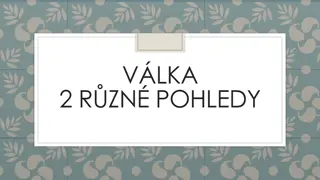
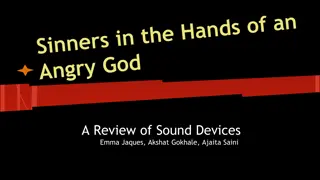
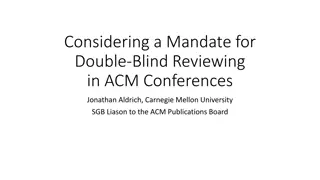

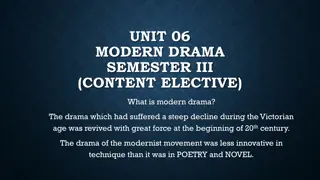
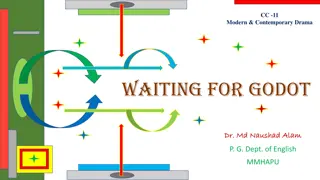
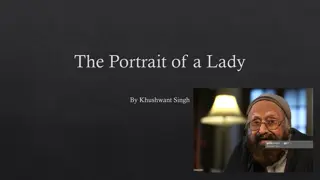
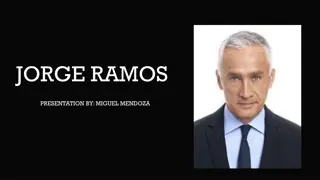
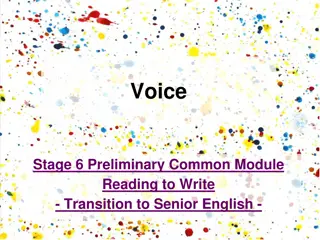
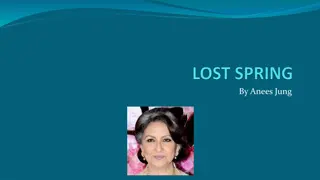
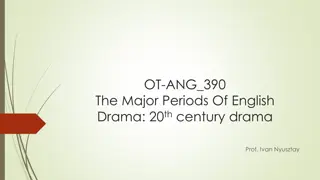
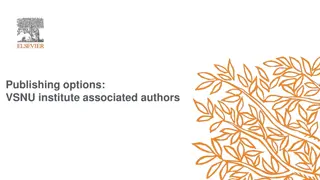
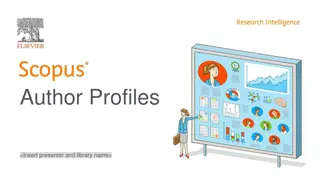
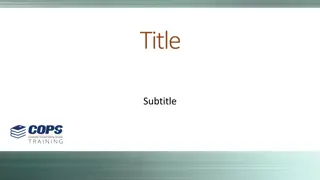
![Comprehensive Case Study on [Insert Case Title Here]](/thumb/159705/comprehensive-case-study-on-insert-case-title-here.jpg)
